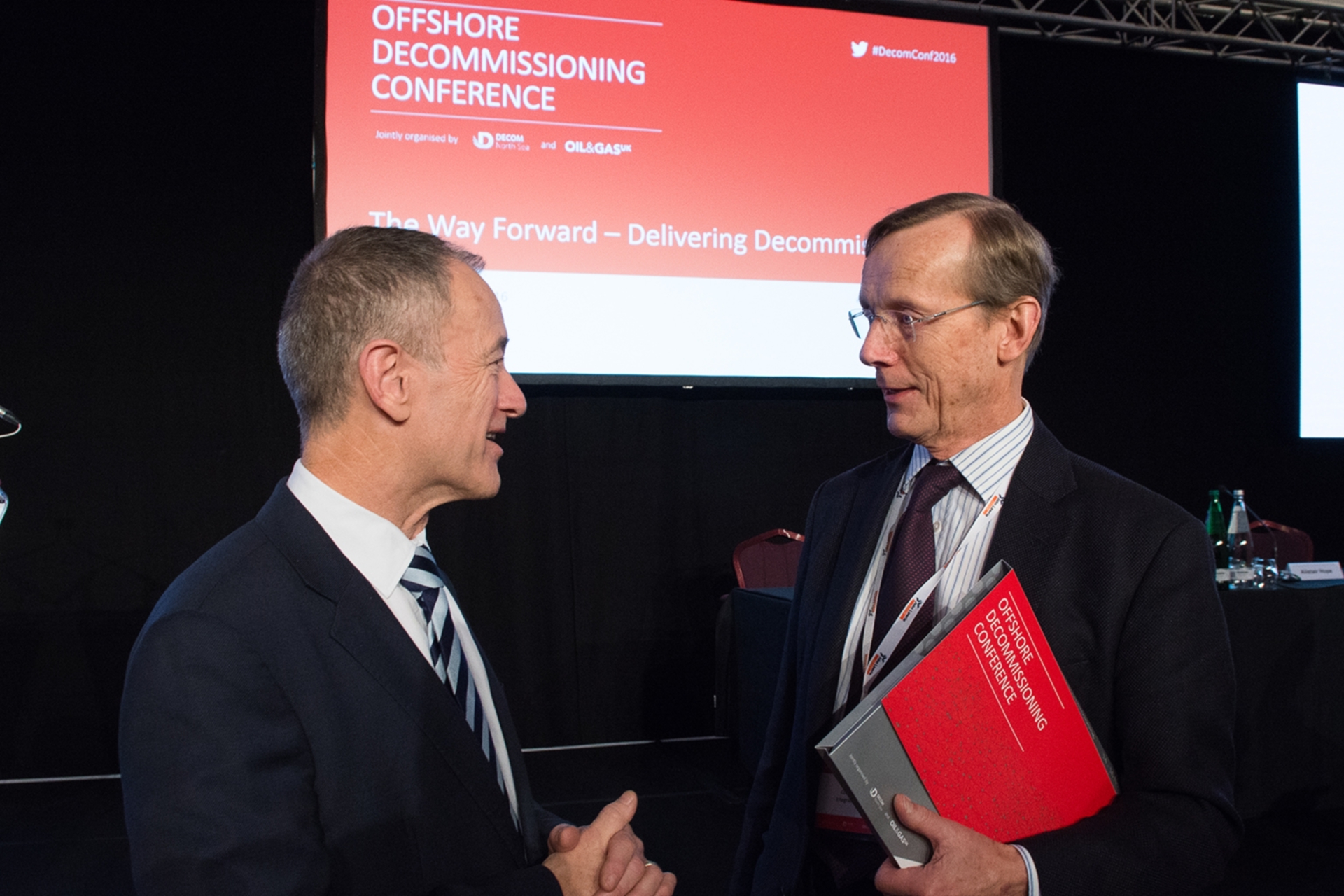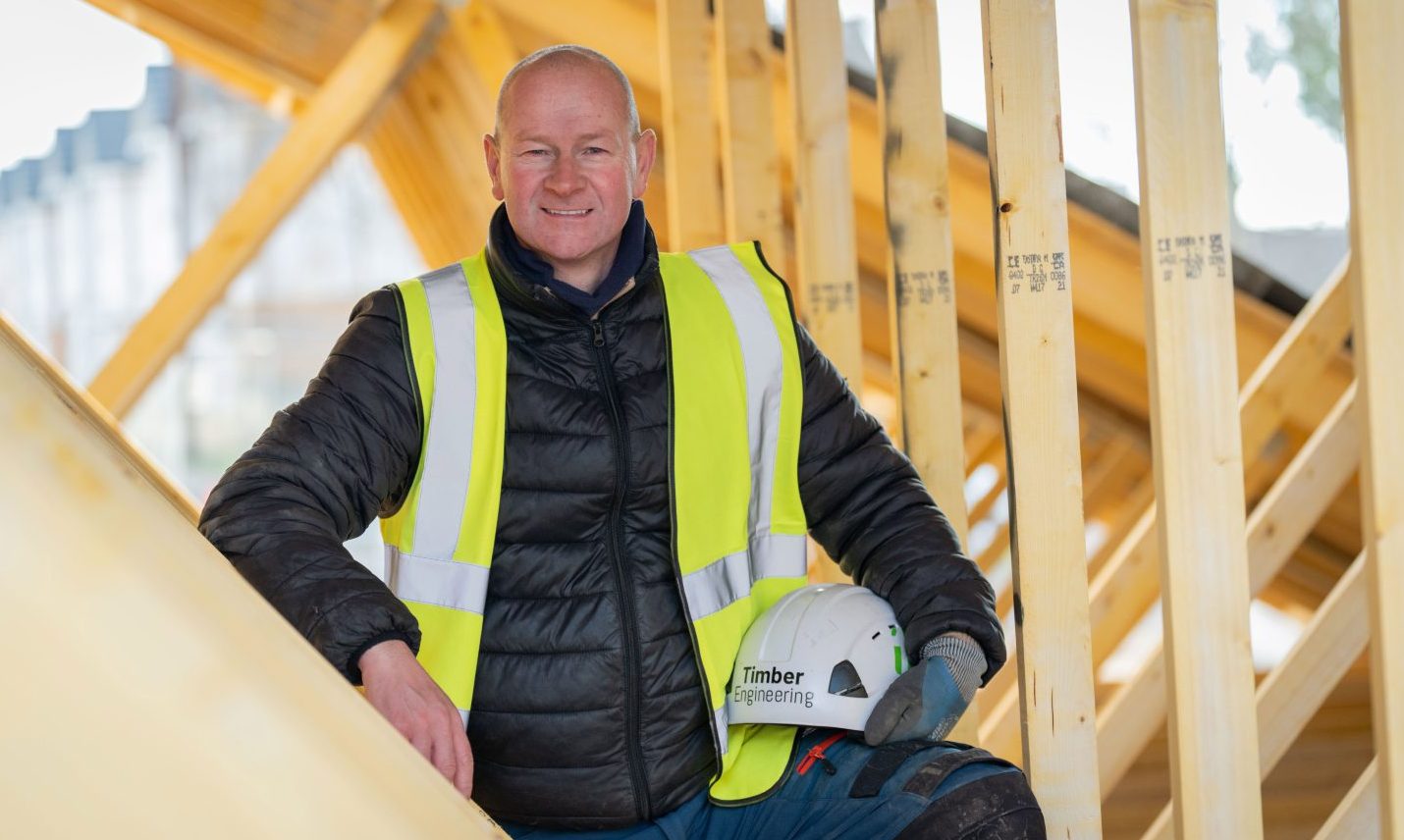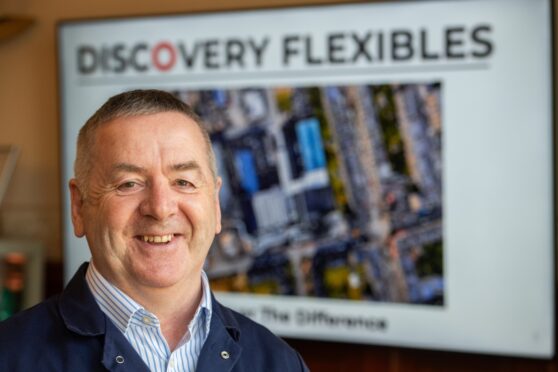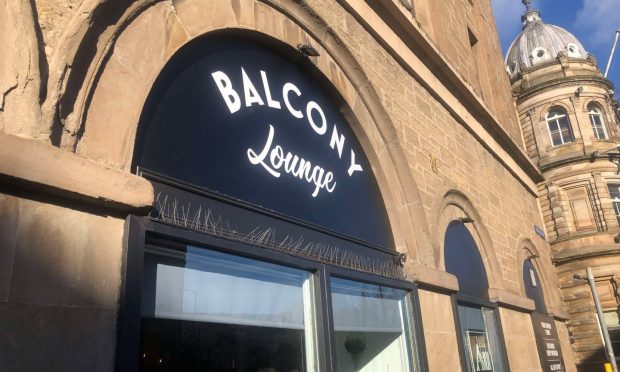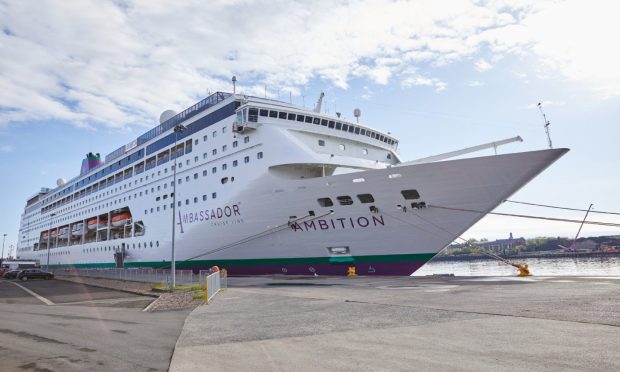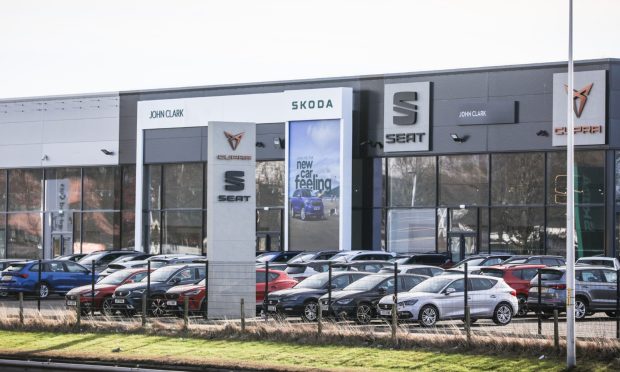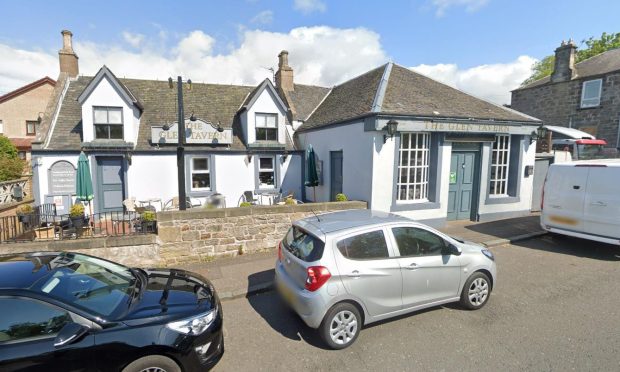Dundee and other Scottish east coast ports will have to work together to win potentially lucrative decommissioning work, according to an industry leader.
Mike Tholen, upstream policy director of Oil & Gas UK, the leading trade association for the UK offshore oil and gas industry, was speaking before the opening of the 2016 Offshore Decommissioning Conference in St Andrews.
Oil & Gas UK reported that an estimated £17.6 billion of decom expenditure will take place on the UK Continental Shelf over the next decade, and more than half of the market will be in the central North Sea.
More than 100 platforms are forecast for complete or partial removal from UK and Norwegian continental shelves, over 1800 wells are scheduled to be plugged and abandoned and around 7,500 kms of pipeline are set to be decommissioned.
Forth Ports are investing £10 million at Dundee to boost the city’s status as a major oil and gas decommissioning hub.
The largest investment in the history of the harbour will create a new quayside with “industry-leading heavy-lift” capability and a large onshore operational base.
Major investment is also taking place at other east coast ports including Montrose in the hope of capturing decom work, and some figures in the industry have warned of turf wars among ports.
Mr Tholen, co-chair of the conference in the Fairmont Hotel, said: “It is good that Scottish ports are thinking hard about the opportunities in the North Sea.
“They realise that it is a competitive business so they have got to find out how to work with their neighbours so that they don’t out-compete each other and none of them win.”
The Oil & Gas UK had issued projections about how big and how fast the decom sector will appear, and he continued: “I am afraid it will be a competition between Dundee and other ports around Scotland and maybe even further afield.
“The message is to think hard and be innovative and look for opportunities because there will be ones out there for Dundee.
“It has got the skills and has got the people, and now it has got the port to match.”
Decommissioning was an emerging sector, and Mr Tholen said it did not mark the end of the North Sea story.
He hoped as much can be spent on exploration and appraisal as on decommissioning, and the two can take place together.
He added: “It means that if we are doing that we will have a healthy end-of-life and a healthy start to life for the industry, and we are going to need both if we are going to get most from the North Sea.”
